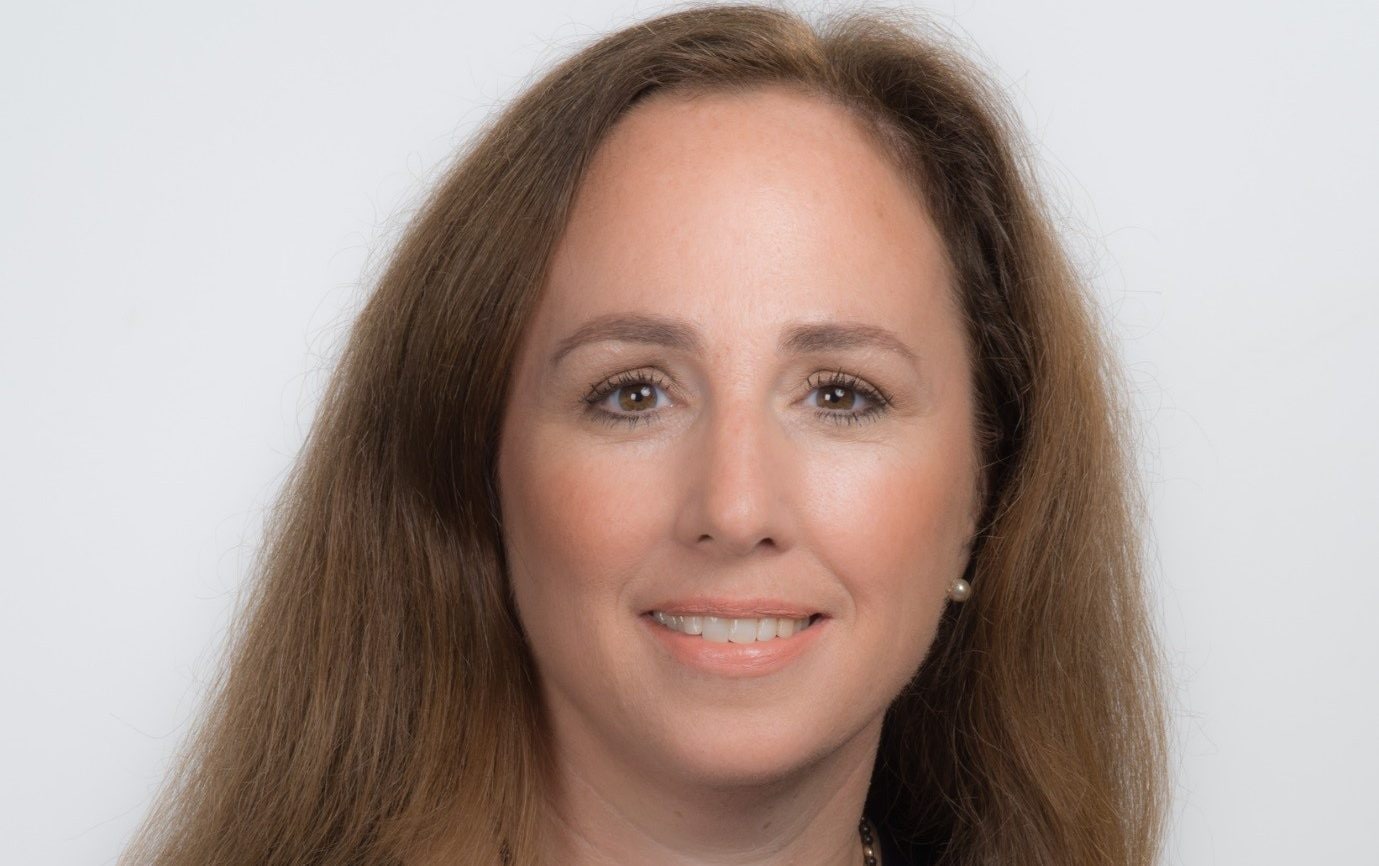Health
NHS Urges O-Type Blood Donors as Stocks Hit Record Low

The NHS has issued a critical appeal for individuals with O-type blood to step up and donate, as blood supplies have reached their lowest levels ever seen in England. This emergency comes after a series of challenges, including many missed donor appointments and a surge in demand following a recent cyber-attack that has disrupted services in London.
O negative blood, which is often referred to as the universal type, is crucially important because it can be given to any patient in emergencies, especially when their blood type is unknown. The plea from the NHS highlights a severe shortage of O negative blood, currently at just 1.6 days’ worth, falling short of the targeted six-day supply.
This declining fluid stock is partly due to an attack on the pathology firm, Synnovis, last month. Major hospitals in London, like King's and Guy’s and St Thomas’, are struggling to quickly perform the necessary tests to match blood types before transfusions, forcing doctors to rely more on O-type blood—reducing available supplies across the country.
In addition to the issues arising from the cyber incident, the summer months usually see fewer people donating blood. With many taking vacations and hot weather potentially impacting donors’ health, NHS Blood and Transplant is concerned about ongoing supplies.
The NHS is actively encouraging both O negative and O positive donors to make appointments as soon as possible. As reported, potential donors are finding themselves in virtual queues to book a slot due to the high demand.
According to NHS Blood and Transplant, the need for O negative donations is critical, and they have prepared contingency measures. An amber alert has been issued for hospitals to conserve O-type blood for only essential treatments, while doctors can opt for substitutes when safe to do so.
Dr Jo Farrar, the chief executive of NHS Blood and Transplant, expressed gratitude for the previous response to donation appeals, but the need for O negative blood now remains urgent. She urges anyone eligible to find a nearby donor center and contribute.
Blood type O is vital in hospitals—about 40% of the population has O positive blood, while O negative blood is found in about 8% of people. The NHS has revealed that they need close to 50,000 donor appointments filled each week to maintain safe blood levels.












